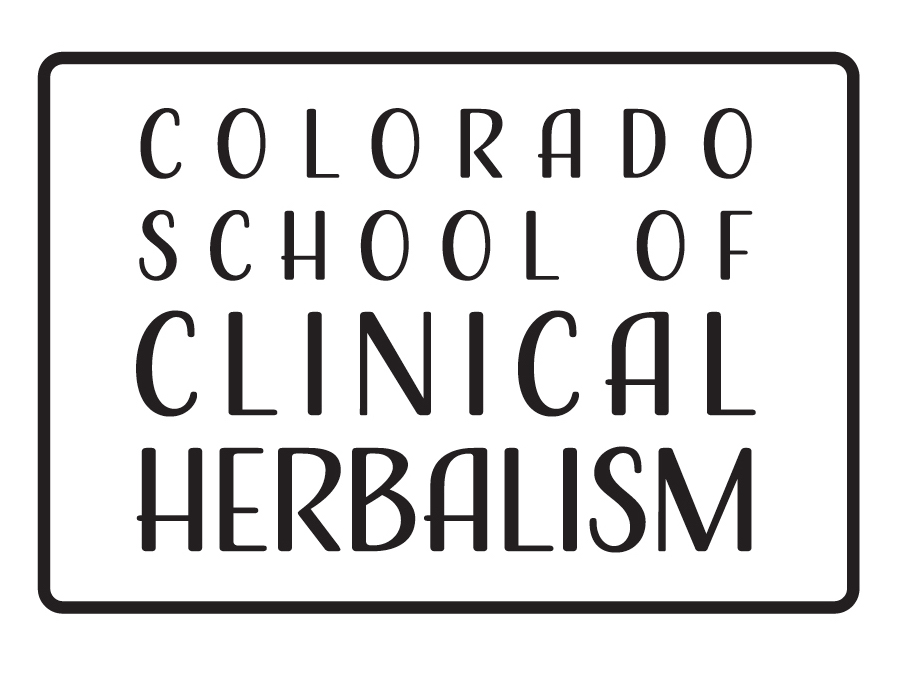
Author: Joan Anderson, PhD, CH
Our heart is a muscle and over the course of our lives, will work harder than any other muscle in our body. It beats, on average 70 times per minute, 100,000 times a day, 3,600,000 times a year, and 2.5 billion times by the age of 70. No other muscle in our bodies gets this kind of a workout. Unfortunately, our heart is not impervious, and the risk of cardiovascular disease increases as we age. It is currently considered the number one cause of death among adults over the age of 65. According to the National Institute of Health, adults in this age group are much more likely to suffer from a heart attack, stroke, develop cardiovascular disease, or suffer from heart failure. The most common age-related change in the cardiovascular system is something called arteriosclerosis or hardening of the arteries which can result in high blood pressure and hypertension. This greatly increases the risk of heart attack and stroke. Another common heart problem in seniors is atherosclerosis in which fatty deposits or plaques build up in the coronary arteries over time and can narrow the artery. This limits blood flow and results in a decrease of necessary oxygen and nutrient delivery to other parts of your body, especially the heart muscle. This causes the heart to weaken overtime and increases the risk of heart failure and heart disease. It is not all doom and gloom however and fortunately there are things that we can do to keep our hearts healthy as we age to greatly reduce these risks.
The primary way we can support heart health as we age is through diet and lifestyle. Herbal remedies can help to tonify the heart muscle as well. The following outlines key ways that we can support our hearts and age with grace.
- Reduce stress
The exact science behind how reducing stress helps keep our hearts healthy is not totally understood. Conventional thinking among experts points to inflammation, a by product of stress on the body, as a trigger for heart disease. In addition, with stress comes cortisol and chronically elevated cortisol levels increase blood sugar levels, which raises blood pressure, leads to insulin resistance, and a suppressed immune system. There is also strong evidence that increased stress leads to unhealthy behaviors that have been proven to be detrimental on the heart. These include eating unhealthy foods, a reduction in exercise, an increase in smoking, and excessive alcohol use. Healthy ways to reduce stress include intentional movement like yoga, qigong, or tai chi. Guided mediation, deep breathing, spending time in nature, and journaling have been shown to be effect stress reducers as well.
- Proper sleep
Sleep is where our bodies recharge. This is an important aspect of overall general health but specific to the cardiovascular system. Insufficient or fragmented sleep can lead to high blood pressure and an increased risk of heart failure, heart attack, and stroke. Ways to maximize your chances of getting the ZZs you need are to avoid caffeinated drinks after 1 or 2 p.m., have your last meal of the day 2-3 hours before your planned bedtime, avoid screen time at least an hour before bedtime, maintain an evening winddown routine to prepare your body and mind for rest, keep the bedroom temperature cool, and try to go to bed and get up at the same time every day.
- Adequate movement
There are numerous scientific studies that show exercise is one of the most effective tools for strengthening the heart muscle. In addition, exercise helps manage weight and supports healthy cholesterol and blood sugar levels. This in turn can reduce blood pressure and the risk of heart disease, heart attack, and stroke. Exercise can take many forms, so find a style that works for you and your current state of health; just get moving!
- Diet
A healthy diet is necessary to gain and maintain heart health but changing your diet can be daunting. Where do I start? What should I eat more of? What should I stop eating? How much should I eat? There are so many questions. Here are some general guidelines to get you started. Eat lots of green leafy vegetables and foods colored purple, blue, and red, like blueberries, cherries, and eggplant. These are highly anti-inflammatory and can support heart health. Other good heart healthy foods include flax seeds, chia seeds, tea, dark chocolate, sprouts, and nuts. Overall, maintaining a plant-based diet that is low in processed foods, low in sugar, and low in refined carbohydrates supports a healthy heart.
- Herbs to support heart health
There are many herbal remedies for specific heart imbalances such as hypertension or cardiovascular disease but to support overall general heart health, let’s take a look at a couple of herbs we refer to as cardiotonic. Cardiotonic is an action that increases the efficiency and strength of the heart muscle which in turn improves blood flow throughout the body.
Hawthorn (Crataegus spp.)
Hawthorn is the quintessential heart herb. It is shown to be anti-inflammatory, antioxidant, astringent, cardiotonic, carminative, diuretic, and nervine. The leaf, flower, and berry all support the heart, and the berries have the added benefit of being nutritive. Hawthorn increases circulation and strengthens the heartbeat by gentling increasing the heart’s pumping action without accelerating it. It also helps maintain a regular heart rhythm. Drink this as a yummy tea.
Motherwort (Leonurus cardiaca)
With a name like cardiaca, you know this herb must support the heart muscle. Motherwort is an antispasmodic, bitter, cardiotonic, diuretic, emmenagogue, hypotensive, and nervine herb. It is known as an effective antiarrhythmic and hypotensive which normalizes the heartbeat, gently slowing the heart rate which can reduce blood pressure. With the nervine action, Motherwort is often used when hypertension, angina, or heart palpitations are present. Because Motherwort is very bitter, it is better taken as a tincture.
Cacao (Theobroma cacao)
Although all chocolate contains cacao, to be an effective cardiotonic, stick with minimally processed cocoa powder or dark chocolate with a high percentage of cocoa and low percentage of sugar. Cacao is anti-inflammatory, cardiotonic, hypotensive, and antioxidant. It is full of polyphenols which have an anti-inflammatory and antioxidant effect on the vascular tissue which may reduce the risk of cardiovascular disease. In addition, it lowers blood pressure, decreases insulin resistance (if chocolate with low to no sugar levels are used), and lowers LDL cholesterol which is all associated with lowering the risk of cardiovascular disease, heart attack and stroke.
Clinical Best Practices in the 65+ Client Group
Widen your perspective and deepen your understanding of the unique needs of this senior group of clients.
Resources:
Skenderi, G. (2003). Herbal vade mecum. Rutherford, NJ: Herbacy Press.
https://www.pumpone.com/blog/57
https://www.nia.nih.gov/health/heart-health-and-aging
(https://www.cardiosmart.org/topics/older-adults-and-heart-disease).
